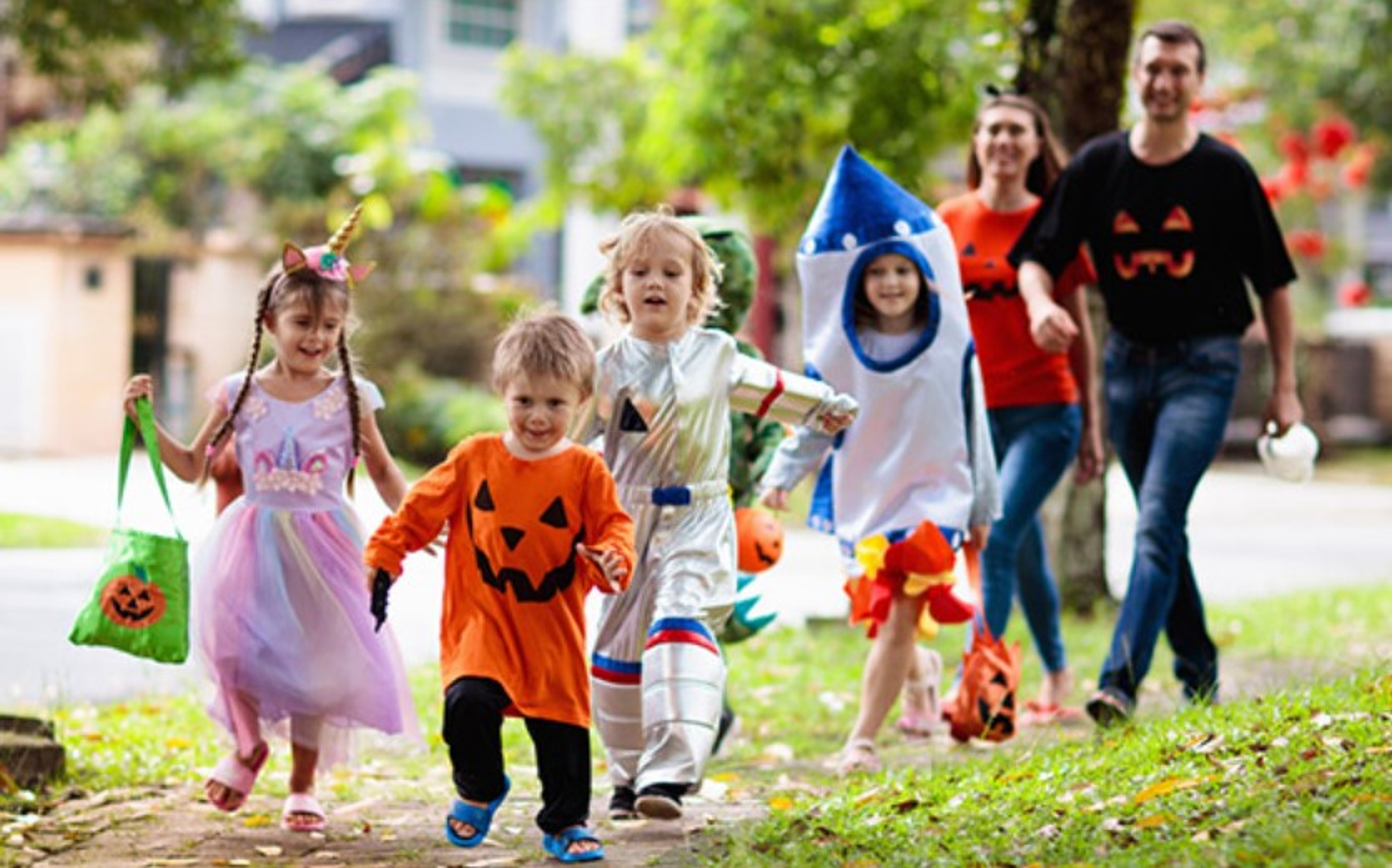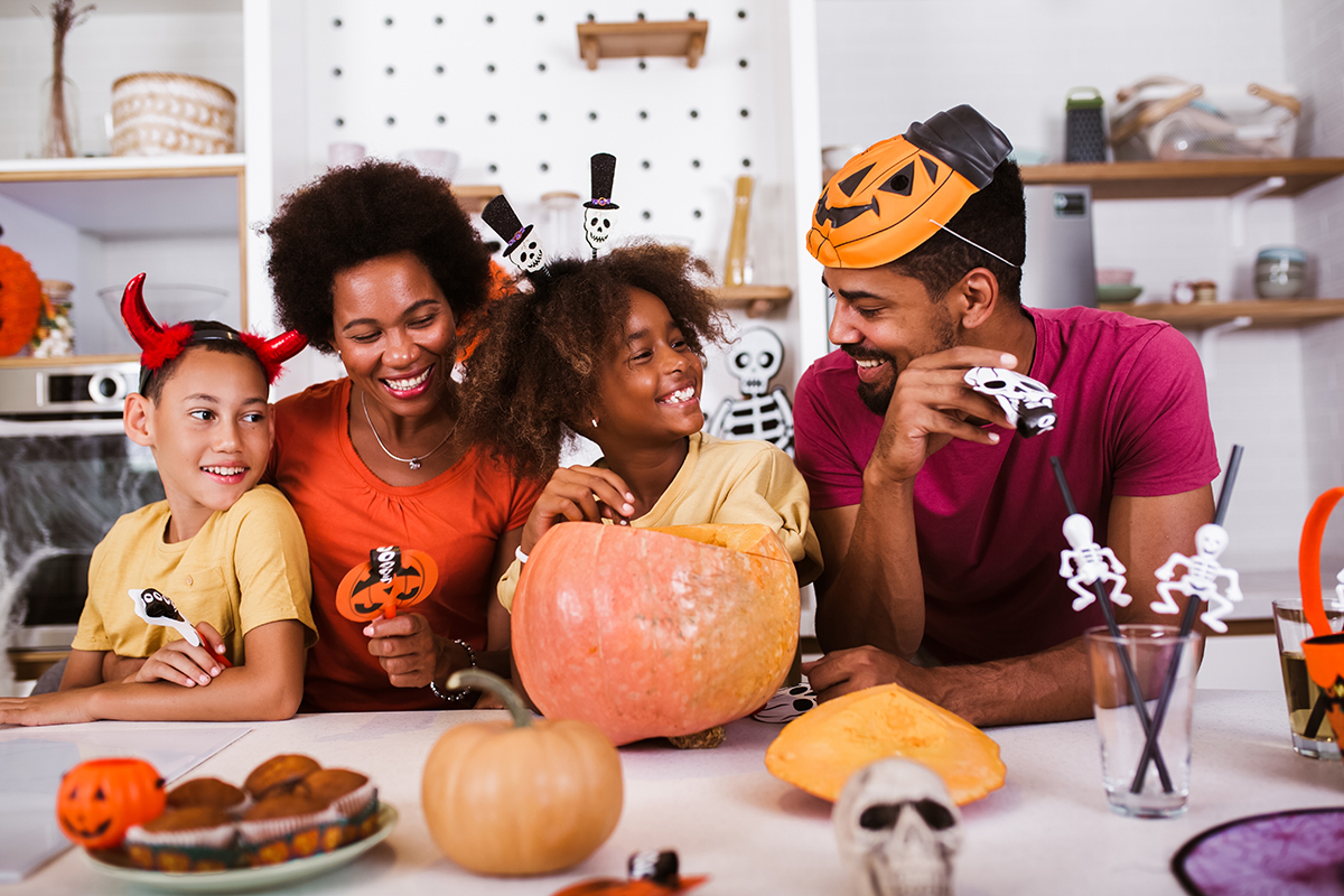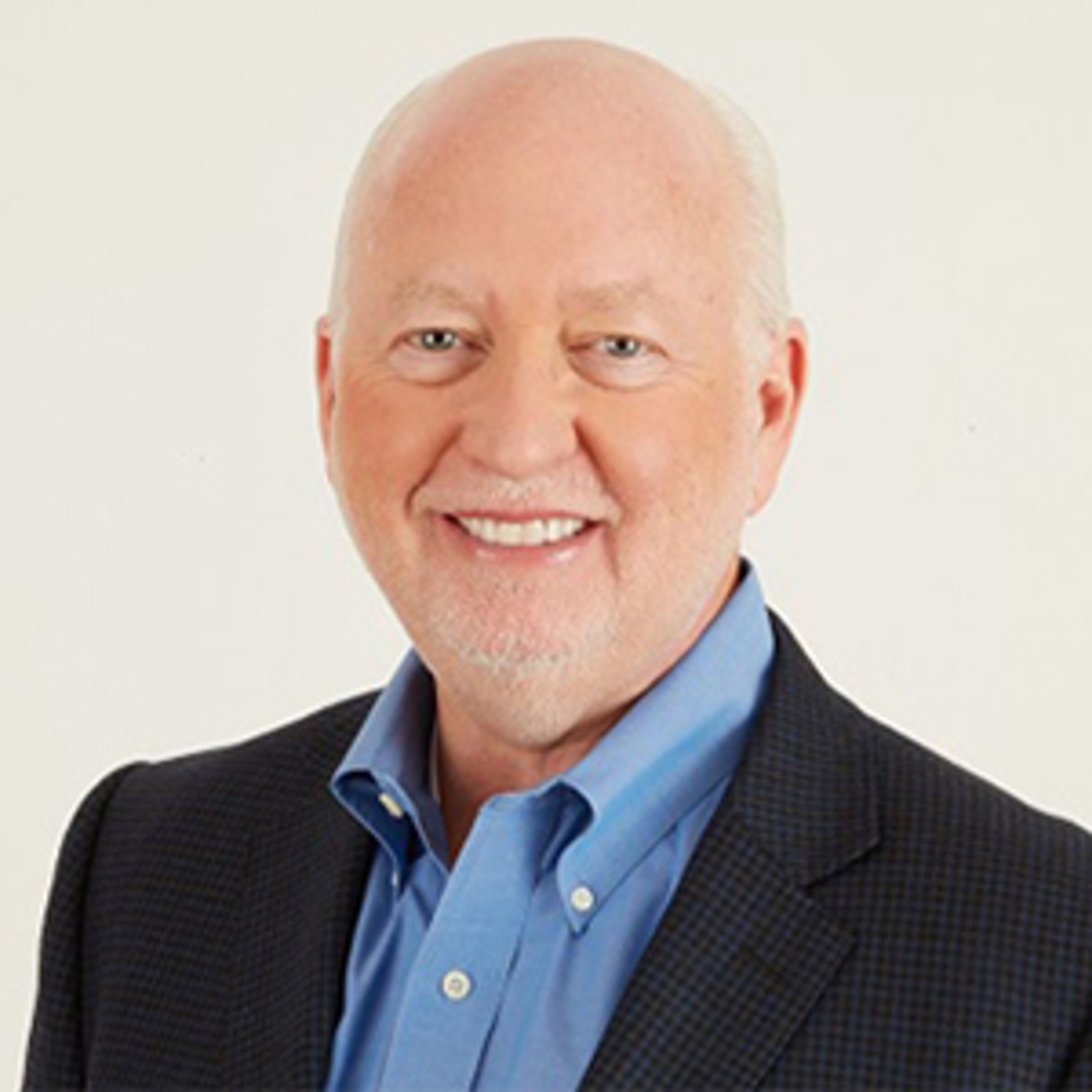How Halloween Traditions Connect Us to the Past – and to Each Other
Despite all the tricks and treats happening on Oct. 31, the history of this holiday tells us there's more to it than candy.
Oct 27, 2024
Written by our Founder and CEO, our Celebrations Pulse Sunday Letters aim to engage with our community. From sharing stories to welcoming your ideas, we want to help you connect with and celebrate the important people in your life.
Rituals around big events create lasting memories and shape our identities. Think back to all the activities around the December holidays, Thanksgiving, birthday parties, anniversaries, or other occasions. You’re likely remembering the rituals and how you felt.
Halloween is no different. It’s steeped in traditions that have been working their magic for thousands – yes, thousands – of years. Chances are, you’re already experiencing them through parties and costumes (or at least planning and shopping for them). In a few days, children will be knocking at your door.
Just thinking about Halloween takes me back to my old neighborhood in Queens, New York, where every Oct. 31 my friends and I would bang on doors, shout “trick or treat,” and watch our pillowcases fill with fruit, nuts, and cookies.
Now, as a grandfather, I've watched my grandchildren take part in these traditions and rituals. I understand how they feel, just as I now know how my mom and dad felt when we walked through the neighborhood, talking to other parents along the way.
It’s in these moments that we find a deeper sense of belonging. We become part of a larger story that’s been unfolding for generations. We’re weaving a tapestry of shared experiences that pull us closer together through shared memories.

A distant past rooted in food & fear
What fascinates me about Halloween is how its modern-day rituals are deeply connected to ancient history. The celebration dates back over 2,000 years to the Celtic harvest festival of Samhain. The Celts believed that during this time, the boundary between the living and the dead became blurred, allowing spirits to return to the earth on the last day of October.
To ward off these spirits, villagers would light bonfires and wear animal skins (the earliest "costumes") in hopes of scaring away any vengeful ghosts. They also offered sacrifices of animals and crops, the original "treats" meant to appease the otherworldly visitors.
As Christianity spread, efforts were made to replace pagan rituals, and Samhaim was no exception. Nov. 1 was declared All Saints' Day, while Oct. 31 became All Hallows' Eve, which eventually evolved into the Halloween we know today.
In Old England, the tradition continued, with people leaving treats on their doorsteps on Oct. 31 to fend off evil spirits. The Irish immigrants brought over the custom of carving jack-o'-lanterns, originally made from beets and potatoes before pumpkins became the go-to choice.
By the 1950s, Halloween had become a community-wide celebration, full of fright and fun. Children dressed in costumes began going door-to-door for treats, haunted houses grew in popularity, and neighborhoods united in the spooky festivities. It was around this time that I became a part of this vibrant tradition.
The evolution of festive treats
Food has always been a big part of Halloween, evolving from apples and nuts to the candy-filled celebrations we see today.
In the early days, fruit, nuts, and other harvest bounties were the treats of choice. Over time, baked goods, like homemade cookies and cakes, began to join the mix. Then came the era of candy, and with it, an explosion of options that forever changed the Halloween landscape.
I remember the thrill of getting a full-sized candy bar or a caramel-coated apple as a teen – those rare treats felt like winning the Halloween jackpot. Now, my grandkids dive into their haul of miniature candies, carefully selecting their favorites to trade with siblings and friends.
Last year, we asked the Celebrations Pulse community about their absolute favorite Halloween treat. Thousands voted, and the winner by far were chocolate bars. (It's no surprise that National Chocolate Day falls just days before Halloween, on Oct. 28, as a perfect prelude to the candy extravaganza. From chocolate bars to truffles, it’s a staple of every trick-or-treating bag.)
Cookies hold a special place in the holiday, too. Patty, a member of my team, has found a way to keep the homemade touch alive. Every year, she orders boxes of Cheryl’s Cookies to hand out to her neighbors. It’s become her personal tradition, one she’s been doing for years, and a sweet way to add a touch of homemade warmth to Halloween.
In the spirit of fun
Halloween is more than just a fun holiday – it’s a time to embrace the traditions that connect us to the past, bring joy to the present, and strengthen the bonds within our communities. Whether you're handing out treats, decorating your home, or sharing a cherished ritual with friends or loved ones, you’re carrying forward a legacy of celebration that spans generations.
The true magic of Halloween lies not only in the costumes or candy but in the moments we share and the memories we create. No matter how you celebrate Halloween, I hope you and your ghouls and goblins have a great time and stay safe as you make new memories.
All the best,
Jim













